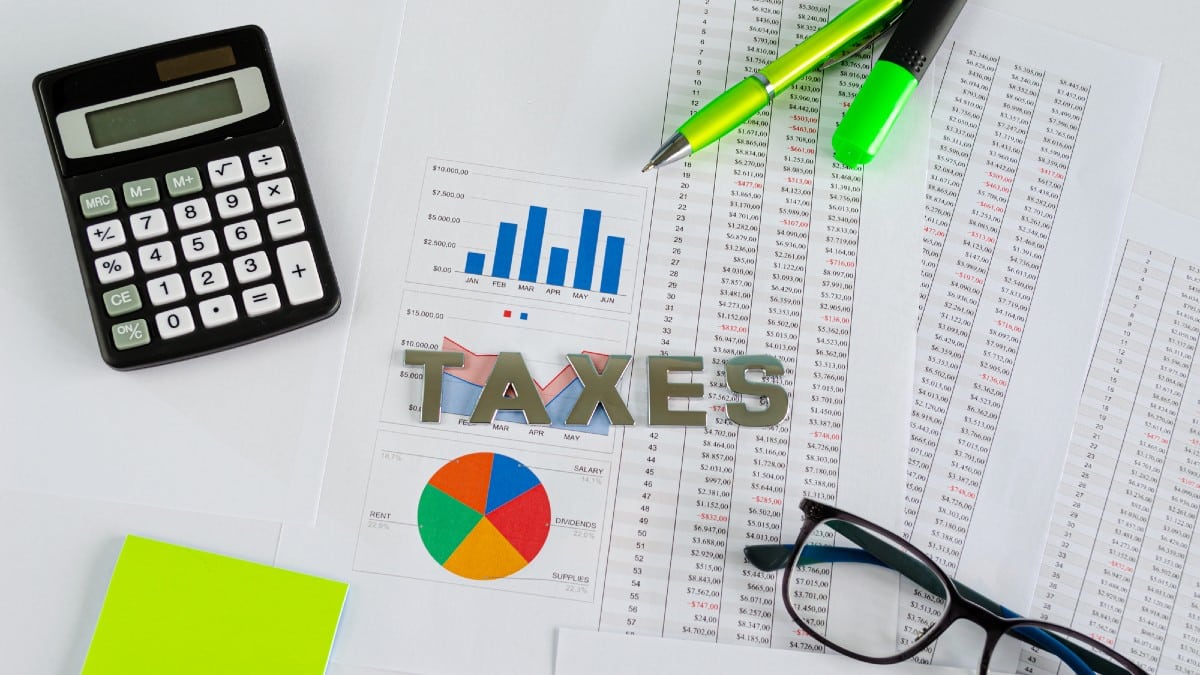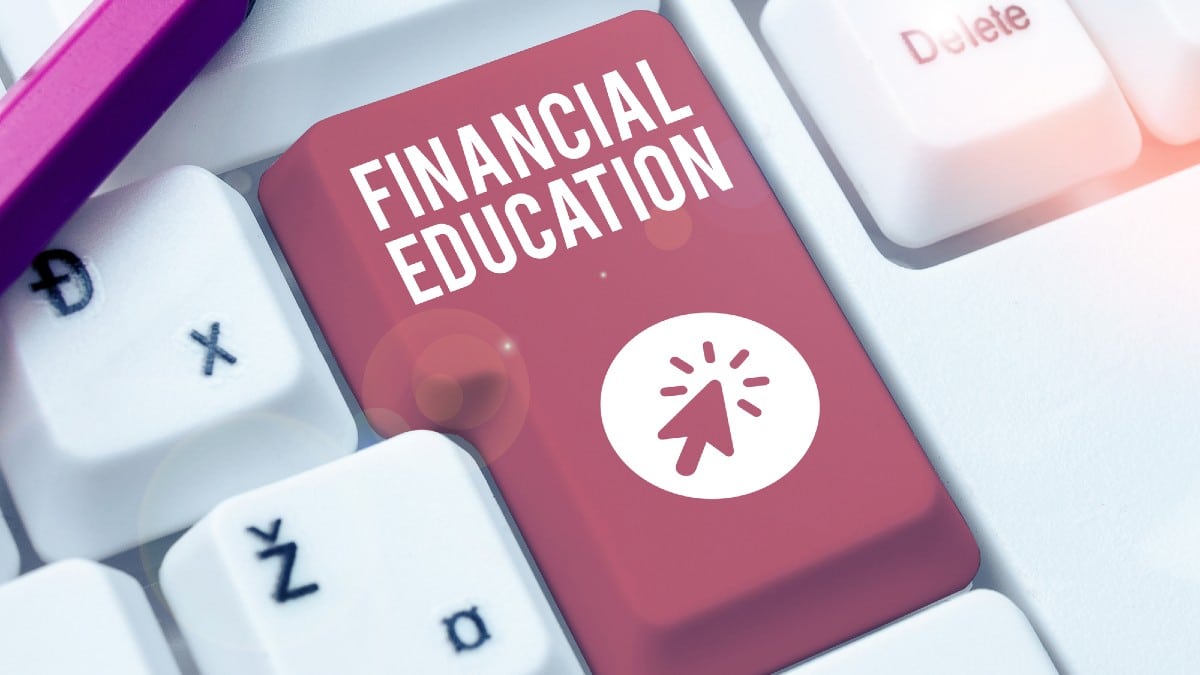Earning a high income is often seen as a direct path to financial security and wealth. However, a significant number of high earners find themselves struggling financially, or even facing poverty, due to a variety of reasons. Let’s explore common pitfalls that can lead high earners to financial distress, offering insights and advice to help you avoid these traps.
1. Lifestyle Inflation

Lifestyle inflation occurs when individuals increase their spending as their income rises, often investing in luxury items and experiences. This habit can quickly erode savings, leaving little to no financial cushion for emergencies or future needs. Prioritizing savings and investments over immediate gratification is crucial for long-term financial health.
2. Neglecting to Save for Retirement Early On

Many high earners delay retirement planning, assuming they can catch up later. However, procrastination in this area can lead to insufficient funds in later years, as they miss out on the compound interest their savings could have earned. Starting early, even with small amounts, can significantly impact retirement readiness.
3. Failing to Create a Budget

Without a budget, it’s challenging to track where money is going, making it easy for high earners to overspend in various areas. A well-structured budget helps in allocating funds wisely, ensuring that expenses, savings, and investments are balanced.
4. Underestimating the Impact of Taxes

Taxes can take a significant chunk out of earnings, especially for those in higher income brackets. Failing to plan for taxes or explore tax-saving strategies can lead to unexpected financial strain. Consulting with a tax professional can help in optimizing tax liabilities.
5. Succumbing to Peer Pressure

Keeping up with peers or societal expectations can lead high earners to make poor financial decisions, such as purchasing expensive cars or homes they cannot afford. It’s important to focus on personal financial goals rather than external pressures.
6. Ignoring the Need for an Emergency Fund

An emergency fund acts as a financial safety net during unforeseen circumstances. High earners often overlook the importance of having accessible funds for emergencies, putting them at risk in case of job loss, medical emergencies, or other unexpected expenses.
7. Overleveraging with Debt

Access to credit can lead high earners to accumulate debt, from mortgages to credit cards. Overleveraging can result in a precarious financial situation, where a significant portion of income goes towards debt repayment, leaving little for savings or investments.
8. Poor Investment Choices

Investing without proper research or falling for get-rich-quick schemes can lead to significant financial losses. Diversifying investments and seeking advice from financial advisors can mitigate risks and promote wealth growth.
9. Neglecting Insurance

Adequate insurance coverage is essential to protect against financial losses due to accidents, health issues, or property damage. High earners sometimes underestimate the importance of insurance, exposing themselves to potential financial disasters.
10. Failing to Plan for Estate and Inheritance

Without proper estate planning, a significant portion of one’s wealth can be lost to taxes and legal fees, or distributed in ways not intended by the deceased. Estate planning ensures that assets are protected and passed on according to one’s wishes.
11. Giving in to Impulse Spending

Impulse purchases can quickly add up, diverting funds from more important financial goals. Developing self-discipline and avoiding spontaneous spending is key to maintaining financial stability.
12. Not Seeking Professional Financial Advice

Navigating the complexities of financial planning can be challenging. High earners often believe they can manage on their own, but professional advice can provide valuable insights and strategies for wealth preservation and growth.
13. Investing in Depreciating Assets

Spending on items that lose value over time, such as cars or technology, can lead to financial loss. Focusing on appreciating assets, like real estate or stocks, can contribute to long-term wealth accumulation.
14. Lack of Financial Education

A lack of understanding of financial principles can lead to poor decision-making. Investing time in financial education can empower high earners to make informed choices that support their financial well-being.
15. Complacency in Career Development

Assuming that a high income will continue indefinitely without effort can be a dangerous mistake. Continuous learning and career development are essential to maintain and increase earning potential over time.
50 Super Simple Side Hustle Ideas

50 Super Simple Side Hustle Ideas (& How to Make Them Work)
10 Frugal Lessons I Learned From Being Flat Out Broke

10 Frugal Lessons I Learned From Being Flat Out Broke
How To Make Money Without a Job

How To Make Money Without a Job
Creative Ways To Make Money

20 Easy Ways to Raise A Credit Score Fast

Read More: 20 Easy Ways to Raise A Credit Score Fast
Frugal Living Tips: The Essential Guide To Start Saving Money

Frugal Living Tips: The Essential Guide To Start Saving Money

